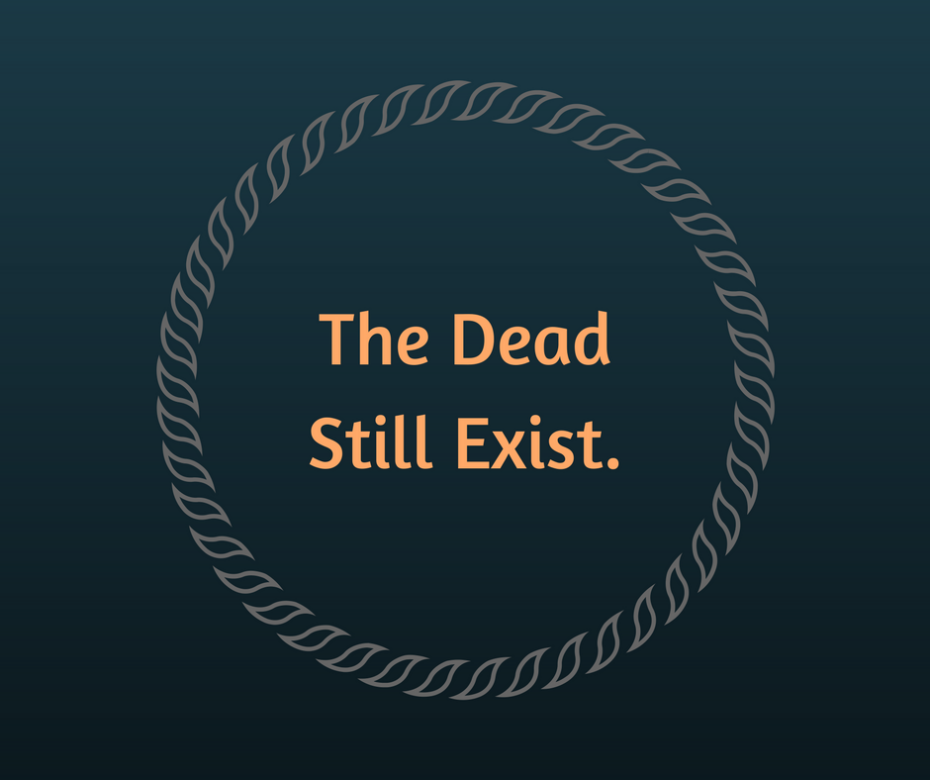Annihilationists agree with the eternal conscious torment view (ECT) that some people will be forever separated from God.
However, annihilationists say that separation involves being put out of existence. They strongly deny the wicked will be tormented forever.
Which view is true?
I have been exploring this question in a series of blog posts.
Consider the following passage:
And I saw the dead, small and great, standing before God, and books were opened. And another book was opened, which is the Book of Life. And the dead were judged according to their works, by the things which were written in the books. The sea gave up the dead who were in it, and Death and Hades delivered up the dead who were in them. And they were judged, each one according to his works. Then Death and Hades were cast into the lake of fire. This is the second death. And anyone not found written in the Book of Life was cast into the lake of fire (Rev 20:12-15).
At this point, I don’t want to discuss where the dead end up (e.g., the lake of fire) or what that might mean. Instead, I want to point a simple detail implied by this passage, namely, the dead still exist.
Somewhere.
Somehow.
In some form.
Every unbeliever who has died in the past, still exists today.
So, for example, think of Cain. He died thousands of years ago, but he was not annihilated. He still needs to appear at the Great White Throne. Evidently, Cain still exists today in an intermediate state.
The same is true for all the unbelieving dead.
Hitler. Judas. Pol Pot. Jezebel.
They were not annihilated.
They still exist, waiting for their final judgment. When the Great White Throne occurs, they will be resurrected and stand before God.
Now, which view of “hell” best fits that fact?
If annihilationism was true, wouldn’t you expect the dead to be…annihilated? After all, a core annihilationist belief is that no one is naturally immortal. So how can the dead “survive” physical death?
The annihilationist has to argue that God has made an exception. Normally, the wicked dead would go out of existence, but God temporarily granted them a conditional form of immortality (or post-mortem survival) until the Great White Throne.
But why would God do that? Why keep the wicked dead in existence? What’s the point?
I think that answer raises a problem for the annihilationist. One reason people turn to that view is their conviction that eternal torment is fundamentally unjust. It’s not fair to punish someone who sinned for twenty or thirty years, with an eternity of suffering.
But if, say, God does keeps the unsaved dead in existence for thousands of years—that’s a long time to suffer, too, isn’t? Isn’t that also disproportionate?
And doesn’t it seems unjust for Cain to suffer for thousands of years in an intermediate state, as compared to an unbeliever who dies a day before the Great White Throne judgment and only suffers for one day before being annihilated?
Some annihilationists, disturbed by that possibility, answer that the dead are actually kept in “soul sleep.” The dead are unconscious, not aware of anything, and therefore, not being tormented.
But if that’s right, why not get it over with? Why keep them in an unconscious state for thousands of years, only to momentarily wake them up at the Great White Throne and blast them out of existence? Is it so their end can be “public”?
Maybe.
While the continued existence of the dead does not directly contradict annihilationism, it is not easy to harmonize the two ideas.
In contrast, Rev 20:12-15 fits perfectly with ECT. On that view, you would fully expect the wicked dead to keep on existing after death until their final judgment. That’s exactly what ECT teaches. The wicked dead will keep on existing forever.
While this one issue does not prove ECT, I believe it counts in its favor.


